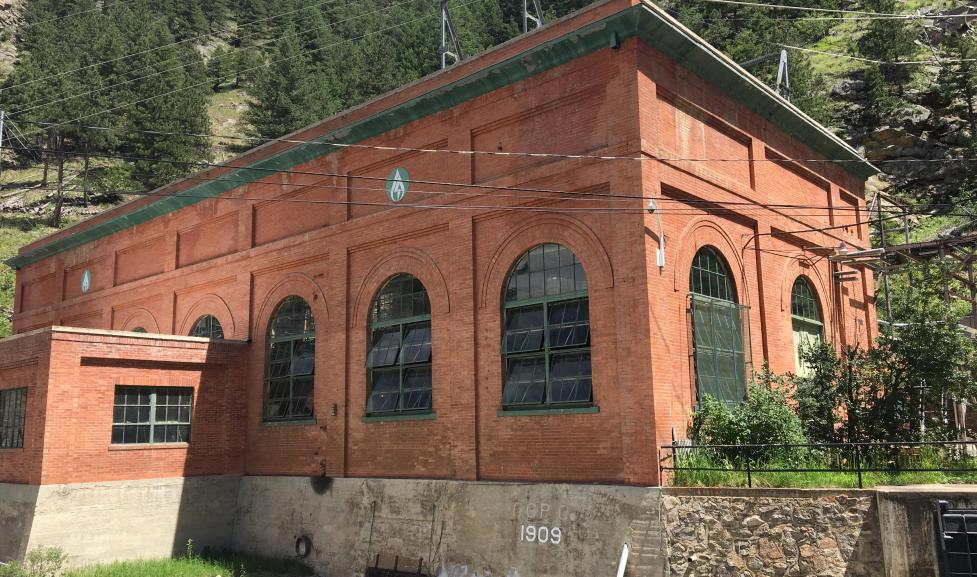The city owns and operates eight hydroelectric power plants, with one purchased and seven constructed over the last 20 years. The seven constructed power plants were installed on existing water supply pipelines. No new dams or overhead transmission lines - two of the negative impacts often associated with hydroelectric power - were built.
City of Boulder's Hydroelectric Program
Since 1985, the City of Boulder hydroelectric program has turned water power into electricity, generated revenue, and provided sustainable, non-polluting electricity. The city owns and operates eight hydroelectric power plants, with one purchased and seven constructed over the last 20 years.
Hydroelectric Generation
Significant pressure develops as water flows downhill from the city’s mountain reservoirs to delivery systems in Boulder. Instead of mechanically reducing the excess pressure, the city converts it into energy by causing the flowing water to spin turbines that spin electrical generators to produce electricity. No fossil fuels are consumed and nothing is emitted in the energy conversion process.
The city's untreated water generates electricity at three hydroelectric plants above the Betasso Water Treatment Facility. After the water is treated at Betasso it generates additional electricity at four hydro plants below Betasso. Electricity is also generated from the water returned to Boulder Creek through a hydroelectric plant owned by the city. Much of the generation potential in the Boulder water system results from high demand during the summer months.
Renewable Energy Generation and Revenue Production
The city received $1,474,212 in hydropower revenue for 2024. Total generation for 2024 was about 30,542,626 kilowatt hours (kWh) or enough to meet the average annual needs of more than 2,800 households. Hydroelectric power generation during 2024 displaced the need to burn approximately 16,000 tons of coal at a traditional, coal-fired power plant.
